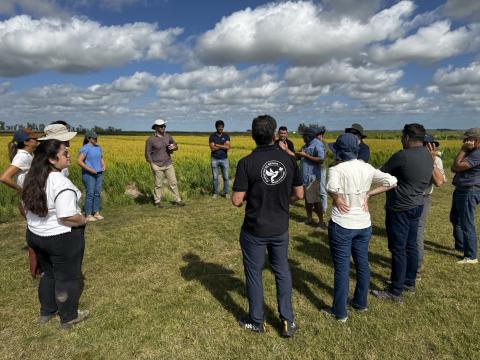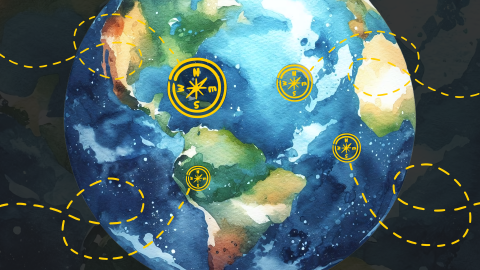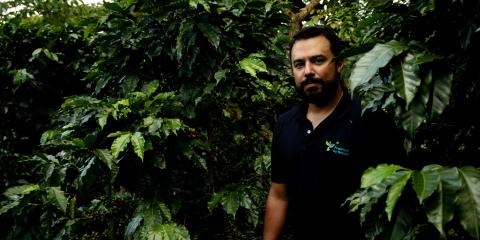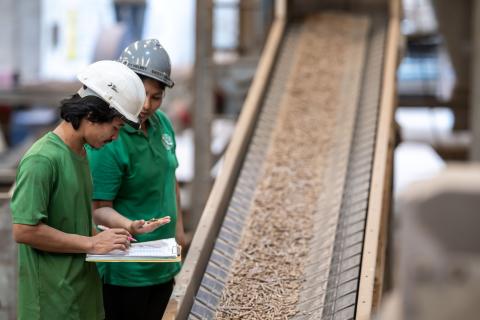Natural rubber now included in landmark EU law to halt deforestation
The EU enacted the EU Deforestation Regulation (EUDR) to prevent the import of products associated with deforestation and forest degradation. The original draft did not include natural rubber in the scope of the regulation. However, with the support of the European Parliament, the approval on early 6 December expanded the commodity list to cover natural rubber.
This is a win for stakeholders who advocated for rubber to be included in the regulation. Joining such efforts, in November 2022, Preferred by Nature, along with nine other civil society members of the Global Platform for Sustainable Natural Rubber (GPSNR), signed a letter appealing to the EU to include rubber within the scope of this new EUDR.
The growing demand for natural rubber is leading to deforestation or conversion of natural forests, ecosystem degradation and biodiversity loss. An academic study has shown over five million hectares of tropical forest, equal to the size of Costa Rica, were cleared across mainland Southeast Asia and sub-Saharan Africa for rubber plantations between 2003-2017.
According to the most recent report, the demand for rubber in the European market is mainly to manufacture tyres and other products. The EU consumes over a million tonnes of natural rubber every year but does not produce any of it – depending entirely on imports from Southeast Asia and Africa, where various global biodiversity hotspots are located.
A vital commodity
Rubber is one of the most extensively used commodities in the world, but production is mainly dominated by smallholder farmers. With more than 85% of rubber being produced by smallholders, it is therefore exceedingly challenging to ensure transparency and traceability due to the complicated supply chains.
“Unsustainable rubber production includes the conversion of natural forests, which leads to deforestation, biodiversity loss, impacting smallholders’ living conditions, local communities and Indigenous people’s rights, workers’ situations such as child labour, safety and security, improper usage of chemicals, and so on,” said Indu Bikal Sapkota, Senior Forestry Expert at Preferred by Nature.
“The rubber sector is also unstable and very insecure in terms of economic gain, and barely benefiting smallholder farmers,” added Indu.
The EU is one of the largest importers of emissions related to tropical deforestation. To halt deforestation globally and minimise the harmful consequences of climate change, it would have been difficult to justify excluding rubber from the EUDR scope.
“Indeed, its inclusion is a tremendous move by the EU to limit the consumption of rubber associated with deforestation, and to ensure the commodity has been legally produced,” explained David Hadley, Regulatory Programme Director at Preferred by Nature.
Positive outcomes
The new regulation requires that companies based in the EU (operators) must follow mandatory due diligence processes and requirements. It is hoped this will help cultivate opportunities to improve traceability in rubber supply chains, and help to keep in check the activities of supply chain actors that lead to deforestation and degradation.
“Considering the fact that smallholders produce the majority of natural rubber, we anticipate that the regulation will provide equitable transitional support to them. Smallholders will benefit from increased market access and market growth as a result of this action, which will ultimately improve and secure their livelihoods,” explained Indu.
Preferred by Nature is committed to preserving natural resources and supporting responsible trade of climate and forest-impact commodities. We, therefore, welcome the decision of the EU to include natural rubber within the scope of deforestation-free commodities.
How Preferred by Nature is supporting the rubber sector?
Preferred by Nature is one of many organisations that have been working towards transforming global natural rubber production and improving traceability in the supply chain and market. The organisation is a founding member of the GPSNR with a mission to lead improvements in the socioeconomic and environmental performance of the natural rubber value chain.
We have been working with smallholders, plantations and companies for natural rubber certification and verification against the Forest Stewardship Council™ (FSC™), Rainforest Alliance and LegalSource™ standards in Asia, Africa and Latin America.
We have worked with the Vietnam Rubber Group, the largest global producer of rubber, to support their efforts at reassociation with FSC.
Additionally, Preferred by Nature is supporting the China Chamber of Commerce of Metals Minerals & Chemicals Importers & Exporters (CCCMC) to develop a three-year roadmap for the sustainable natural rubber network.
Preferred by Nature has adapted and piloted our Sustainability Framework in the rubber sector through Kelani Valley Plantations PLC, a Sri Lankan Rubber Plantations Company, which has earned the first-ever Sustainability Framework certificate.
---------------------------------------------------------------------------------------------------------------------
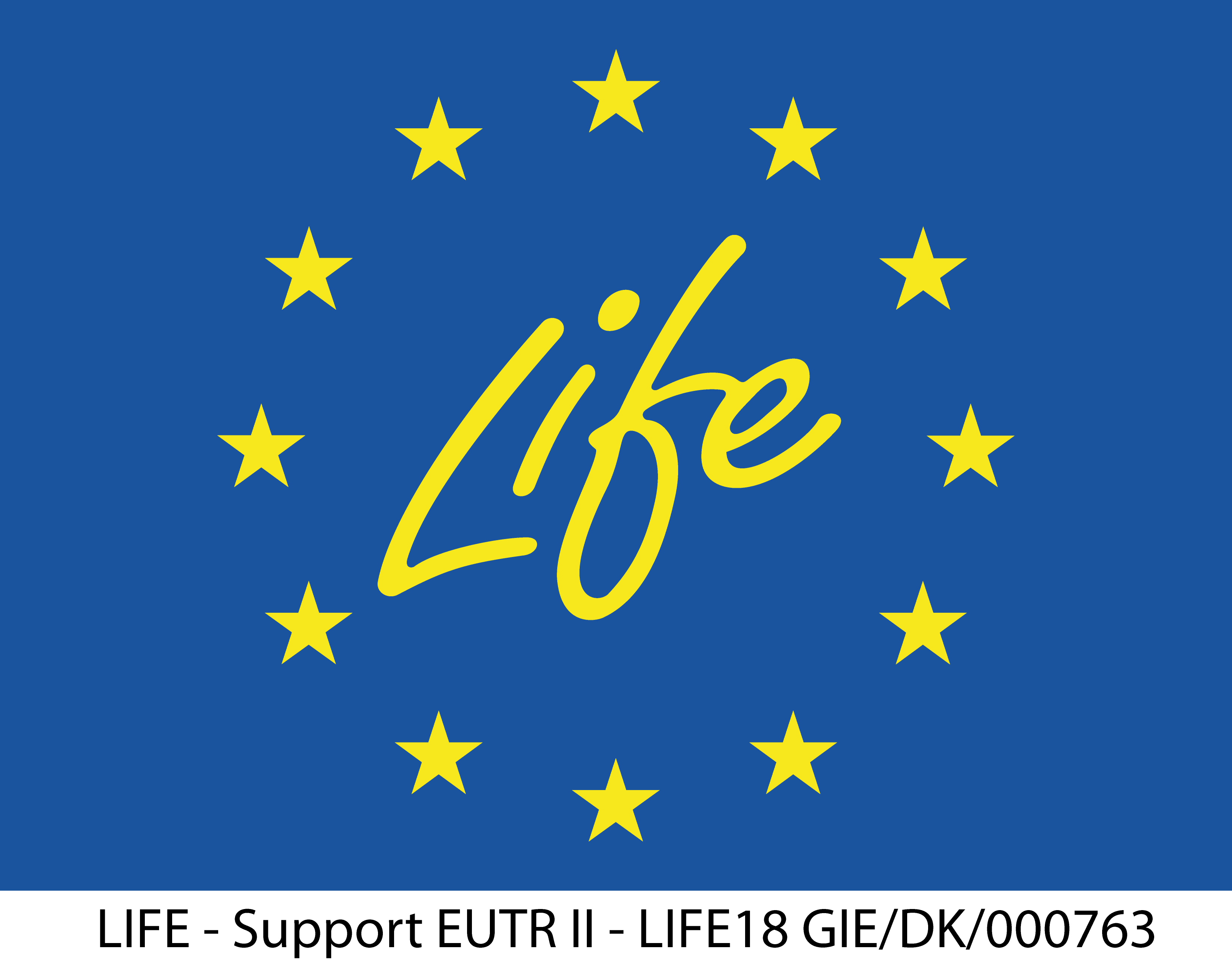 The European Commission (donor) is not responsible for any claims or views presented in this material. The European Commission's support for the production of this publication does not constitute endorsement of the contents which reflect the views only of the authors, and the Commission cannot be held responsible for any use which may be made of information contained therein.
The European Commission (donor) is not responsible for any claims or views presented in this material. The European Commission's support for the production of this publication does not constitute endorsement of the contents which reflect the views only of the authors, and the Commission cannot be held responsible for any use which may be made of information contained therein.

